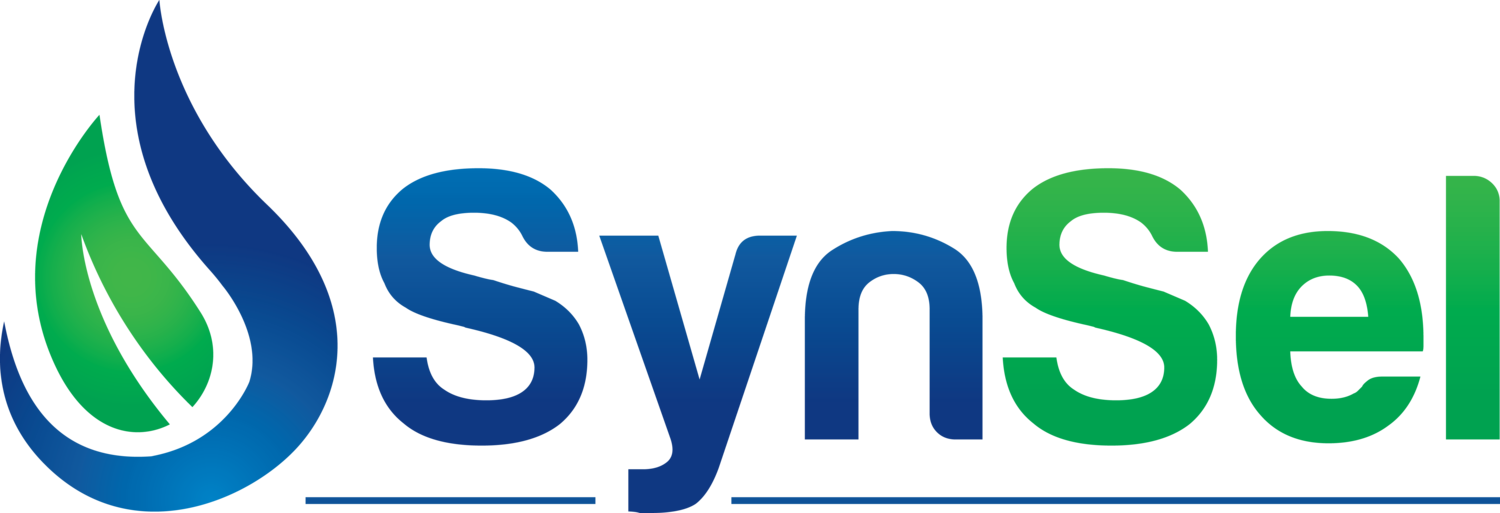2017
SynSel selected a progressive, reputable Construction Financier based in Atlanta, Georgia to fund biorefinery construction. The Construction Financier allocated $30 billion for 100 SynSel plants over 8 years.
As a condition precedent to the loan for each plant, the Construction Financier requires a locked and protected account holding 25% of the loan’s face value until repayments begin.
SynSel’s Grand Rapids, Minnesota site was developed with David Peterson as Co-Developer.
SynSel re-established primary focus on the Northern Great Lakes Wood-Basket with the development of the Ontonagon, Michigan and Grand Rapids, Minnesota sites. Future plans were also made for site development in Portage du Fort, Quebec.
In May, SynSel received a $600 Million letter of commitment from the Construction Financier for plants in Ontonagon, Michigan and Grand Rapids, Minnesota.
2018
In June, SynSel visited a site in Cairo, IL for future development. It was decided that the Louisville, Mississippi project would be funded after the Cairo project.
In July, the technology licensor visited Grand Rapids with their engineering firm and approved Grand Rapids as a qualified site for a biorefinery.
In August the technology licensor and engineering firm visited Ontonagon for a second time. The project was approved for funding and initial permitting & engineering activities were authorized. The Cairo, IL plant was also authorized for development. The Cairo plant will be approximately twice the size and output of the plants in Ontonagon and Grand Rapids.
In September the initial construction funding estimate increased from $300 Million to $400 Million, and the construction schedule increased from 3 years to 4 years. Due to the increased budget and schedule, the project was pulled from underwriting by the Construction Financier.
2019
Underwriting for a new budget of $440 million (per plant) and a 4-year construction schedule was approved by SynSel’s Construction Financier.
SynSel executed an agreement with a secondary financier to source working capital and ancillary funding required as a condition precedent by the Construction Financier.
In April, over $5 billion became available at two of the largest banking institutions in the US, ready to be dispatched as necessary to meet the Construction Financier’s condition precedent requirements.
An additional working capital loan of $12 million is scheduled to close in May.
Prior to the $12 million close, an independent $10 million working capital loan is due to close. This will fund technology license costs for the Ontonagon MI, Grand Rapids MN and Cairo IL sites.
Closing for the Ontonagon construction loan is scheduled for June, and the Grand Rapids construction loan is scheduled to close in August. The construction loan for Cairo is tentatively scheduled close in October, followed by Louisville, Mississippi in December.
SynSel will be proceeding with engineering and permit work about 2 years behind the very first plant they seeded with through SynSel Energi, AS in Norway. SynSel will be utilizing the same owner’s rep as the site in Norway to assure conformity and to benefit from “lessons learned”.
SynSel received the Statement of Project Objectives from the US Department of Energy as part of the grant award team working on Production of Jet Fuel from Biogas.

